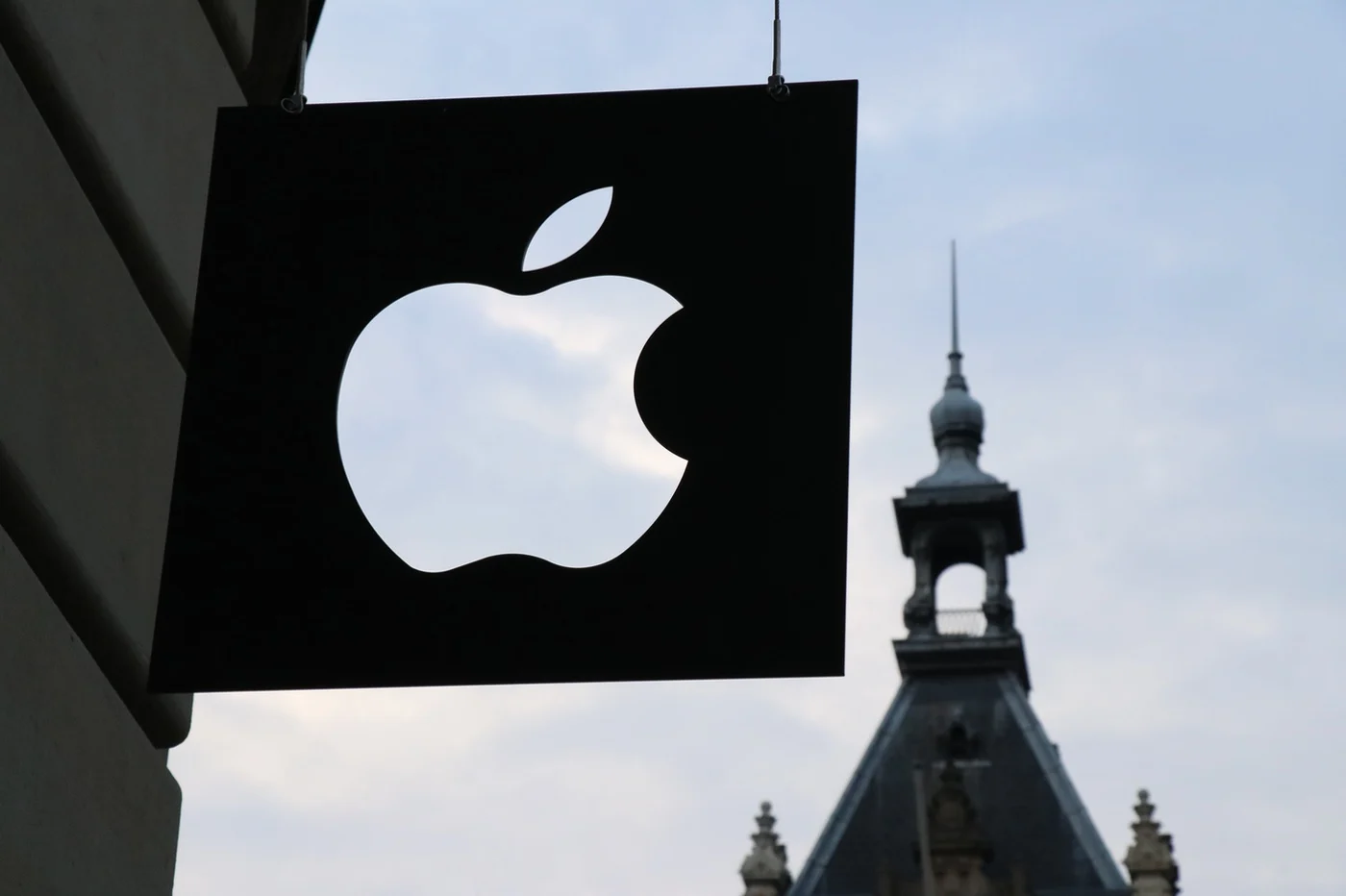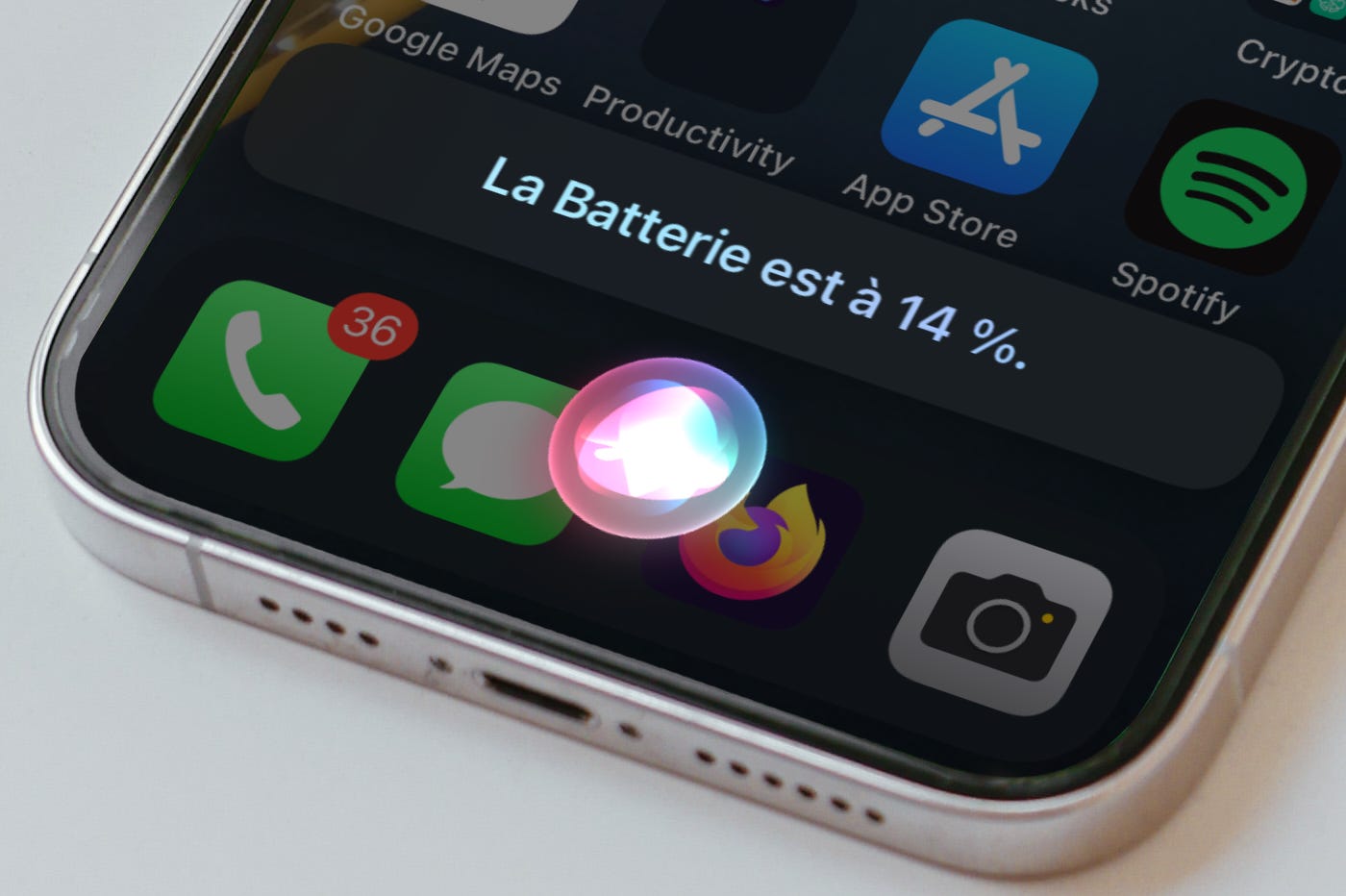More and more Internet users are choosing to put aside intrusive solutions such as Chrome to focus on other browsers that promote more privacy, such as Mozilla Firefox, Opera orSafari. If the first wages war on cookies and the second integrates a VPN, Apple's software is also making efforts.
It actually integrates a service calledITP(Intelligent Tracking Prevention, which does not yet have a commercial name in French) whose objective is to reduce as much as possible the quantity of information that visited websites collect in relation to the profile of their users. Except that it is accused of having been a little too lax because of an error in the programming of its developers.
Who was affected and how can you protect yourself?
Unfortunately, anyone who connects to the Internet using Safari would be vulnerable to this breach in the application's code. It was discovered by researchers fromGoogle, and would be present not only in the version for Mac, but also in the one installed as standard on alliPhoneof the planet. And when we know thatiOS offers it by default, the risk is great, and Europe's concerns are understandable.
Spotted last summer, the problem has since been resolved byApplevia an update, but there is a good chance that personal data from your sessions has been compromised. No way to verify this has yet been provided by Cupertino. Furthermore, we also do not know if hackers were able to access this flaw before it was filled.
In any case, the content potentially targeted would only concern thebrowsing habits, and not passwords for example. In the end, this is the very objective of the ITP, supposed to protect us from monitoring by third parties, which has thus not kept its promises. Tim Cook's company is far from being the only one to find itself facing such dangers: not long ago,it was also Facebook that was pinned for a similar story.

i-nfo.fr - Official iPhon.fr app
By : Keleops AG






